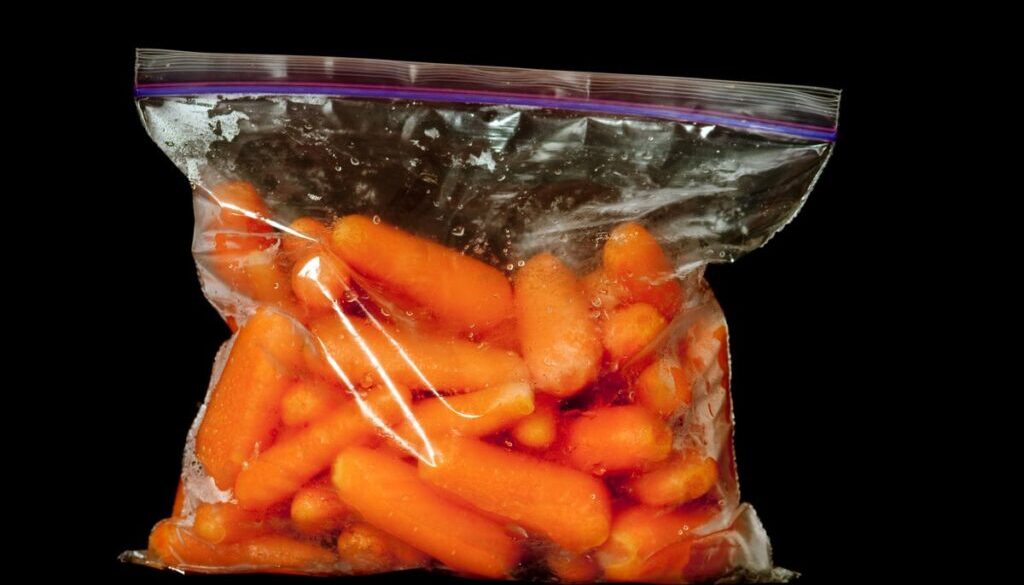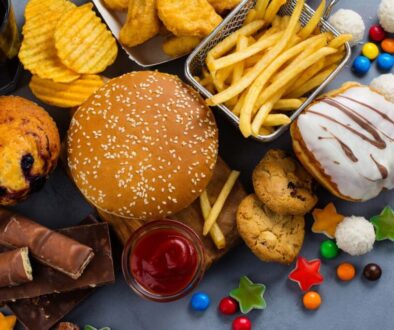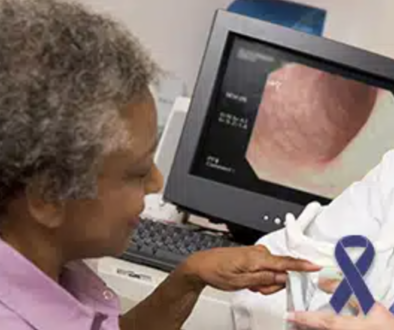8 Reasons You Should Never Eat Baby Carrots
*Read the original article here: https://www.delish.com/food-news/a43181414/dont-eat-baby-carrots/
They’re simply the worst!
By Taylor Ann Spencer
As a longtime carrot connoisseur, I love every type out there. Except for one: packaged baby carrots. That’s right, those unnaturally perfect miniature carrot-like specimens that are sold everywhere from upscale grocery stores to gas stations to corporate office vending machines. They’re actually bad in every way.
Ever since baby carrots were “invented” in the 1980s, marketers have conned us into believing that they’re the ultimate healthy snack, a convenient way to enjoy veggies on the go. Sure, they may be snackable and convenient, but they’re definitely not what you think they are. Here’s why you should think twice about snagging a bag:
- They’re not actually “baby.” The package might claim otherwise, but most carrots sold as “baby carrots” are just regular carrots that have been cut into two-inch pieces, shaved, and polished down to that snackable size.
- They don’t actually taste like real carrots. The taste of these so-called baby carrots can best be described as factory fresh, which is VERY different from actual carrot flavor. Don’t believe me? Get a bag of regular carrots and do a side-by-side taste test.
- The baby-carrot industry is obsessed with unrealistic beauty standards. Not all carrots can be cut and trimmed to become the perfectly straight, perfectly thin baby carrots that people will buy. As soon as they arrive at the baby-carrot processing plant, the carrots are sorted. Any that are too fat or not straight enough are deemed unworthy and discarded to become juice or animal fodder. So, just to be clear, when you buy a bag of these baby carrots, you’re buying into an industry that is as obsessed with unrealistic, unnatural perfection as any modern-day beauty industry.
- They waste energy. After the carrots are sorted, they’re cut down by machines into perfect two-inch pieces and then shaved twice to make them perfectly round, once in a rough cutter and then again, more precisely, in a polisher. If this seems like no big deal, just think about all the energy these machines are eating up, all for the sole purpose of beautifying something that was fine to begin with, and that we’re going to consume the minute we open the bag anyway.
- They’re rinsed with chlorine. To prevent “microbacterial contamination,” all baby carrots are treated with a weak chlorine solution before they’re packaged. True, they’re rinsed after the treatment. But do you really want to eat something that you know has been doused in chlorinated water? Or give it to kids? For me, that’s a hard no.
- They can develop this weird white film and get slimy. Because these carrots are now entirely composed of cut sides, they’re more prone to drying out and developing carrot blush, a thin white film that forms due to dehydration. Or, even worse, they can get slimy inside the bag, even before it’s opened. Which is just downright gross.
- They’re actually pretty expensive. The exact price may vary depending on the store, but, on average, a pound of regular carrots costs about $1. A pound of baby carrots, on the other hand, costs anywhere between $1.30 and $1.50. That’s a 33 percent mark-up. And for what? Someone else cutting your carrots, subjecting them to a beauty treatment, and giving them a chlorine rinse? Soooo not worth it.
- It takes two minutes to cut your own carrots. Seriously. You can enjoy better carrots, save energy and money, and avoid supporting an industry obsessed with promoting false vegetable beauty standards if you just buy a bag of “adult” carrots and cut them yourself. It’ll take two minutes—less time than you spent reading this article.



